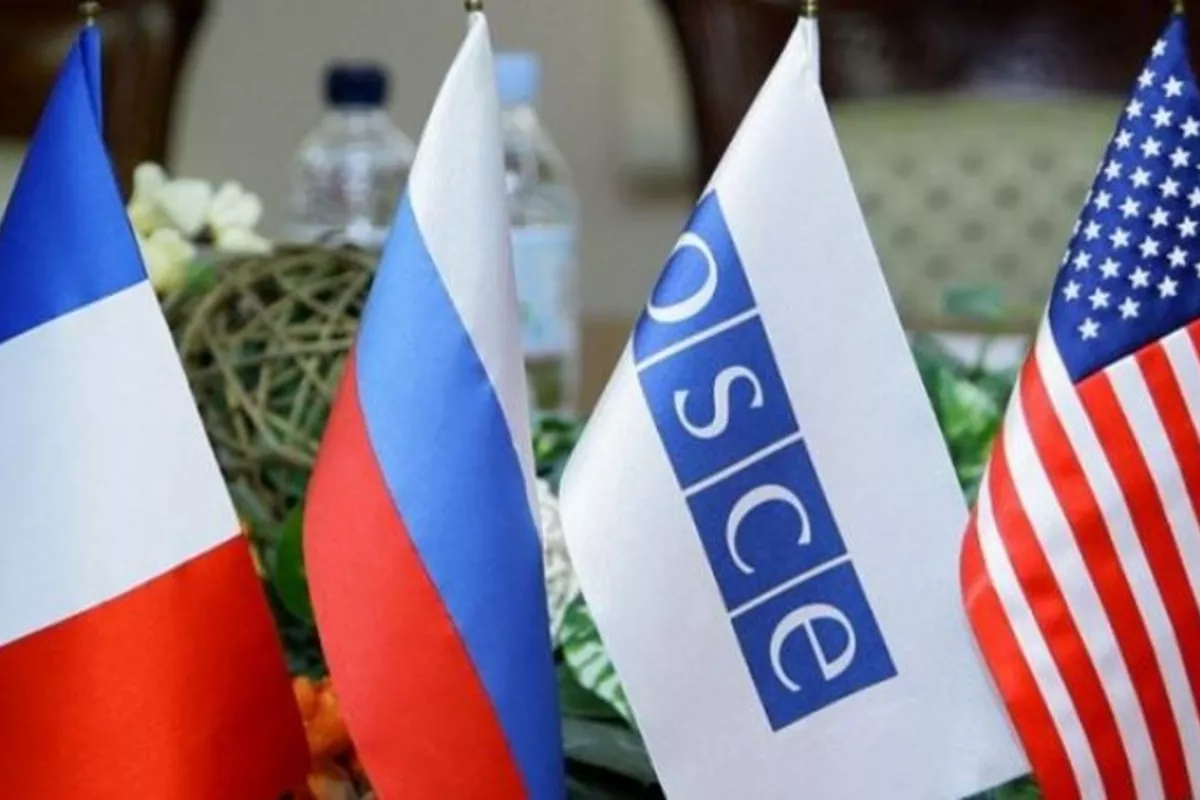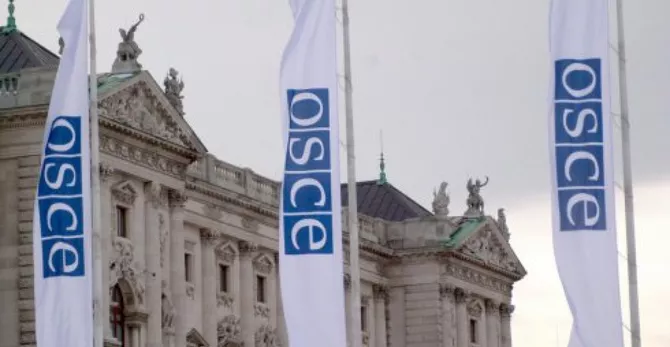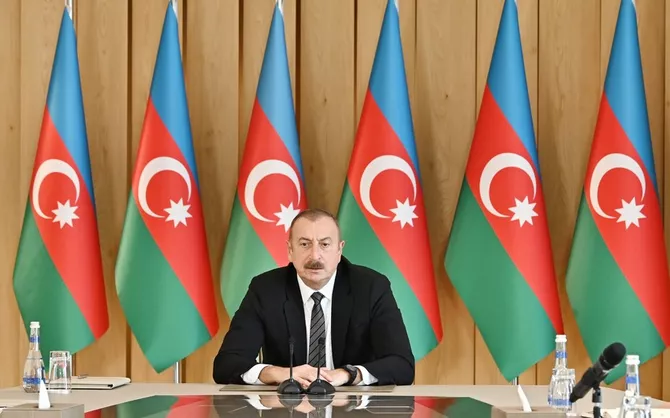
The OSCE Minsk Group is coming to an end in the same way it lived for more than three decades - in silence, devoid of meaning, substance, and any real impact. Established in 1992 with lofty declarations of mediation and promises of peace, the format gradually turned into a symbol of stagnation and barren diplomacy. Its co-chairs - the United States, Russia, and France - presented themselves as peacemakers, ostensibly committed to helping Azerbaijan and Armenia resolve one of the most protracted conflicts of the post-Soviet space. Yet, as time passed, it became increasingly clear that their primary goal was not resolution but preservation: to keep the conflict frozen, thereby maintaining leverage over the South Caucasus.
For thirty years, the world heard endless talk of “plans,” “initiatives,” and “road maps.” But behind this endless rhetoric lay a stark refusal to acknowledge reality: Azerbaijani lands remained under occupation, hundreds of thousands of people were displaced, and justice was consistently sacrificed to geopolitical interests and the influence of the Armenian lobby. The Minsk Group became a convenient curtain, behind which politicians, diplomats, and congressmen played their games. They projected an image of commitment to peace while turning a blind eye to systematic violations of international law. In truth, it was a parade of hypocrisy, where everything was measured not by principles but by interests and political expediency.

For Azerbaijan, this came as no surprise. Baku understood that real results could not be expected from such a process. Outwardly, the country participated in the “game,” signed protocols, received delegations, and attended negotiation tables. But internally, it pursued its own course. Azerbaijan implemented a multi-vector foreign policy, launched global energy and transport projects, and steadily transformed itself into a key player on the Caspian stage. The economy grew stronger, and above all, the state invested heavily in building a modern, well-equipped, and professional army.
This strategy of patience and preparation eventually bore fruit. In 2020, during the 44-day Patriotic War, Azerbaijan liberated its occupied lands, restored historical justice, and effectively closed the debate over the status of Karabakh. At that very moment, it became evident that the Minsk Group was not merely ineffective but politically dead - kept on artificial life support only by those unwilling to admit its irrelevance.
President Ilham Aliyev articulated this reality with clarity and precision: “I did not invite the Minsk Group.” These words, spoken in December 2020, became a symbolic epitaph for a format that had spent three decades feigning activity. Even Armenia, once the main beneficiary of its inertia, eventually admitted that maintaining the illusion of the group’s existence was pointless. By 2023, the group no longer convened, issued no statements, and played no role. Washington, Paris, and Moscow shifted to direct dialogue with Baku and Yerevan, bypassing the moribund structure. In January 2024, Moscow officially confirmed what everyone already knew: the Minsk Group had ceased to exist back in February 2022.
Today, the post-conflict settlement process is developing according to a very different logic. The Washington documents signed recently paved the way for genuine reconciliation, ushering in a new era of diplomacy based on direct dialogue between the two states - without intermediaries who for too long profited from the tragedy of others. The OSCE, under Finland’s chairmanship, has already begun the formal procedure of dissolving the Minsk Group. This step is not perceived as a loss but as a cleansing: the region is finally shedding the ballast that impeded progress.
It is symbolic that in Kalbajar, addressing citizens who had returned to their ancestral homes, President Aliyev declared: “The hated Minsk Group is already living its last days.” That phrase sounded both as a statement of fact and as the final chord of a decades-long struggle for justice. The end of the Minsk Group is the end of an era in which the fate of the region was shaped by foreign hands. For the first time in more than thirty years, Azerbaijan and Armenia are assuming responsibility themselves.

The history of the Minsk Group will remain a cautionary tale. It will be remembered not as an institution of peace, but as a symbol of diplomatic futility and the erosion of trust. Its shadow will serve as a reminder that international structures created without genuine commitment to justice can easily degenerate into tools of stagnation and manipulation. For decades, generations of Azerbaijanis grew up in refugee camps, while international diplomats debated “road maps” and “peace initiatives” that never materialized.
Yet its demise opens a new path. The region is no longer bound by illusions and hypocrisy imposed from outside. A new reality is emerging, one in which the post-conflict future is built not on empty negotiations and paper resolutions, but on concrete actions, mutual agreements, and tangible results. This new era is more demanding: it requires courage, readiness for compromise, and the ability to look forward rather than backward. But unlike the barren decades under the Minsk Group’s patronage, it offers a genuine chance for peace, stability, and lasting development.
Share on social media